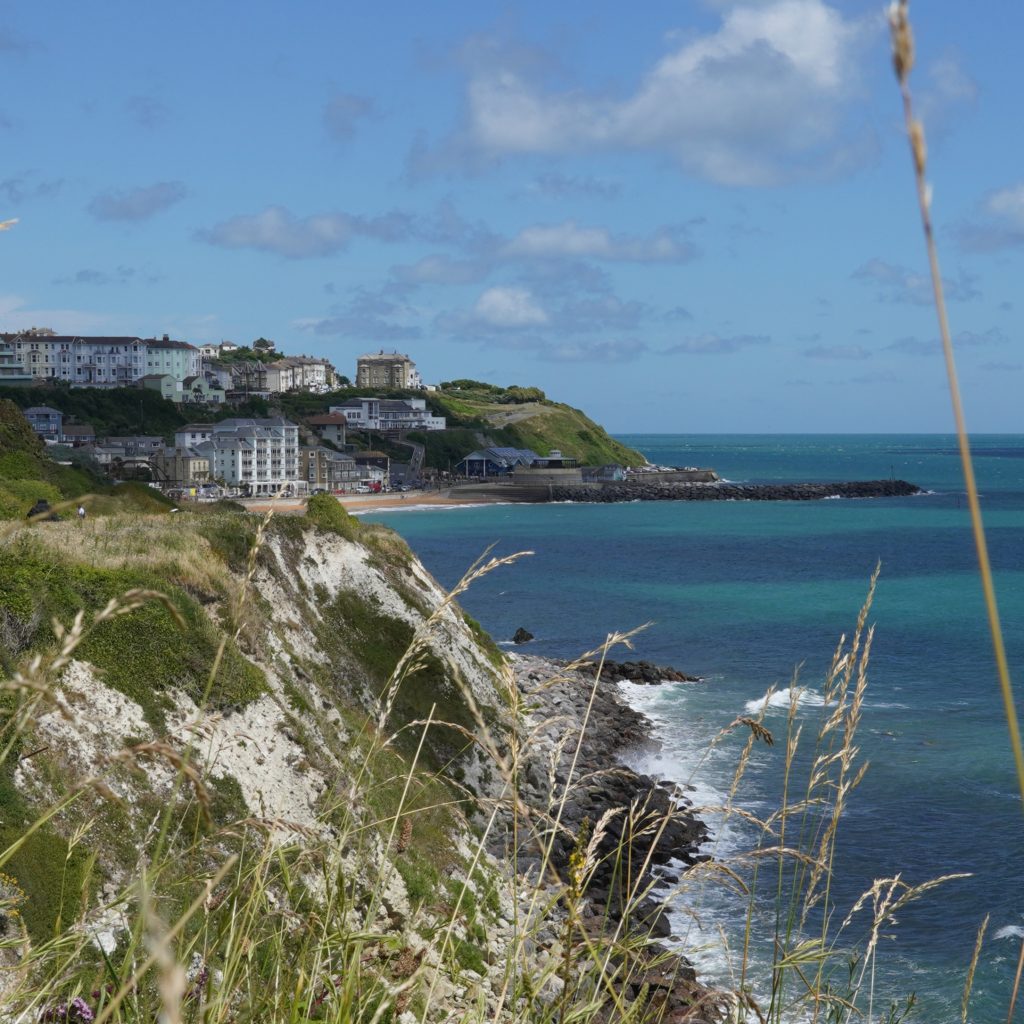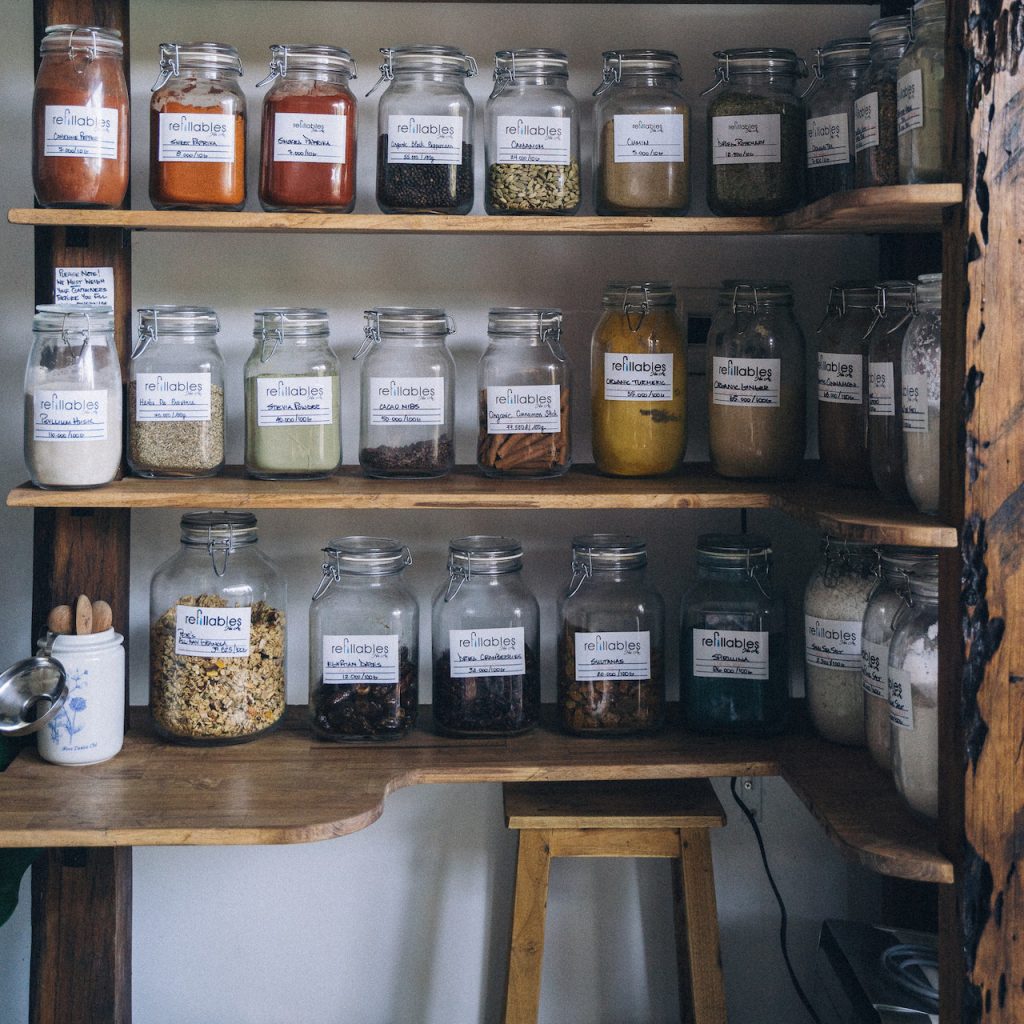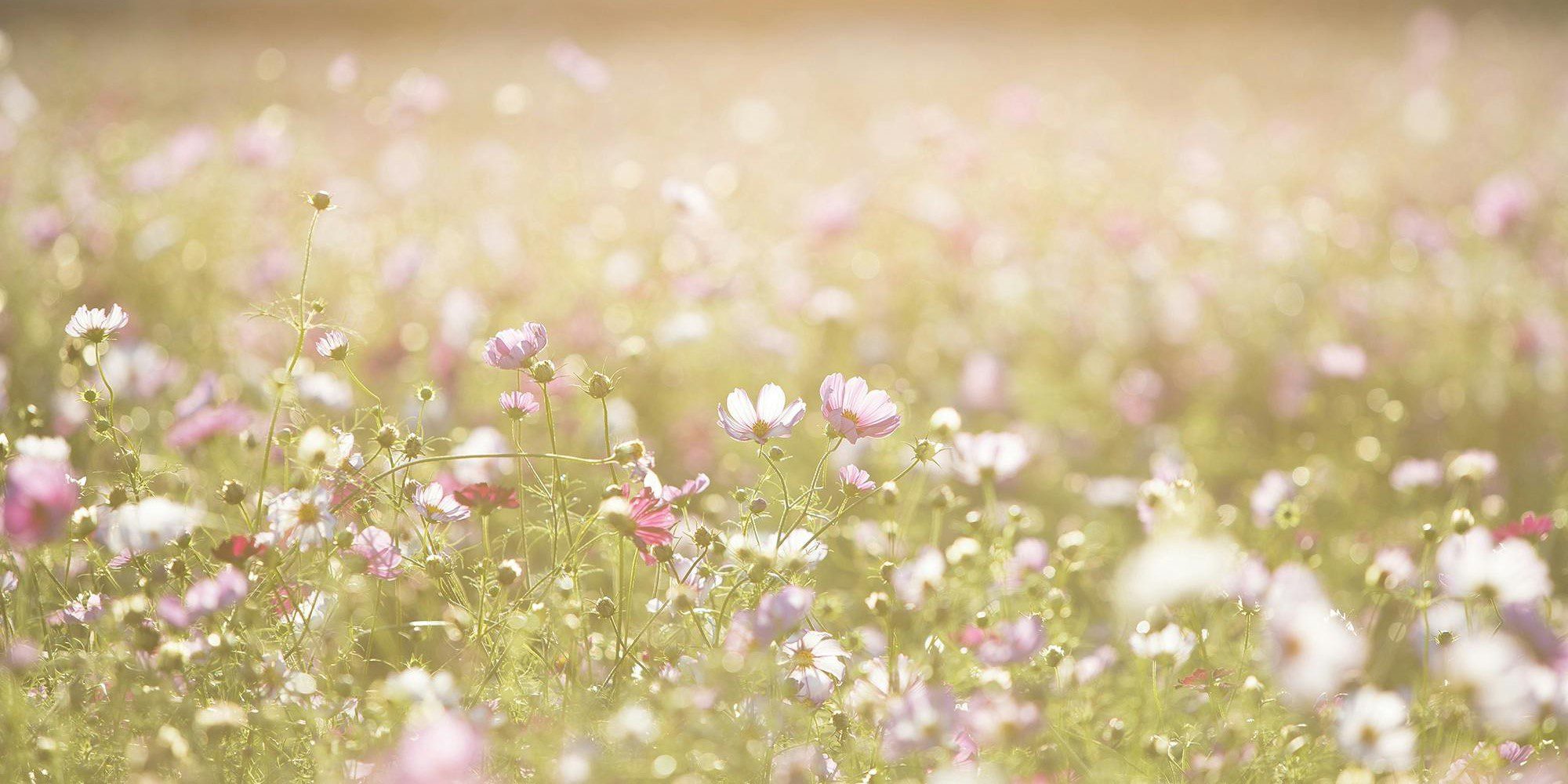My own eco lifestyle
In our household, where Ziboh Interiors is also based, we have made a number of changes to reduce our carbon footprint. We have gone over to using refills and zero-waste products, we don’t holiday abroad, we have switched to ethical banks, we have changed vehicles, and we shop local in preference to large multi-chain shops.
We don’t have a holier than thou attitude, so never preach to others. We also fully accept that we are far from perfect in what we do – it’s probably impossible to be absolutely perfect – but we do what we can. We will continue to make changes, because a little-by-little approach is easier to achieve.
Here are a few of the changes we have made so far…
SHOP LOCAL – We love to shop at small independents, and seldom visit a big chain. It’s been so refreshing to discover the huge number of independents on the Island. What a contrast to what we had back on the mainland! We need to shop local, to keep our towns and villages alive.
LOCAL FOOD – My husband – the cook in our house – sources zero-waste dry-foods (rice, cereal, flour, nuts, spices, herbs etc) from the Easy Weigh refill shop in Newport. We buy locally grown produce from Five-a-Day in Ventnor, and local farm shops. We avoid anything that’s not in-season or is packed in plastic, and we almost never visit a supermarket.
DINING OUT – We are not meat eaters, and we do eat a little fish, but our diet is predominantly plant based. Although not vegan, when we dine out we mostly eat at vegan restaurants, or select a vegan option. We occasionally buy locally caught fish from Ventnor Haven Fishery or J&B Fisheries in Freshwater. Our cheese and milk comes from the beautiful herd of grass-fed Guernsey cows at Briddlesford Farm. I also make my homemade paneer using Briddlesford’s whole milk, and ghee using their butter.
PRE-LOVED CLOTHING – Almost all of our clothes (except our undies!) are bought secondhand from charity shops, eBay or Vinted. It is very sad that some people can’t bear to be caught wearing something twice. Their loss and my gain as I get to pick up ‘worn once’ items, for next to nothing. I love it. I’m absolutely proud of buying second hand, and have no qualms telling others that I do. The fun is in the hunt and it adds individuality to my wardrobe!
HOMEMADE CLEANING PRODUCTS – I also make some of our natural cleaning products, mixed from simple ingredients. They are cheap and quick to make, and I am happy knowing what we use is safer and healthier than the mass produced brands. Plus they REALLY work. A book I own – Fresh Clean Home by Wendy Graham – has been very inspirational and contains dozens of useful recipes. Wendy is a fountain of knowledge and regularly blogs about all things sustainable and ethical on her website, Moral Fibres.
HOUSEHOLD REFILLS – Conscious of the amount of plastic bottles we were throwing away, we’ve gone over to using British-made refills for all our toiletries and some cleaning products. We use Scottish Fine Soaps for hair, hands and showering. For laundry and cleaning, it’s Bio-D. Both brands supply their vegan products in 5 litre containers, from which I refill into our own repurposed bottles. At the moment I am hanging on to the 5L empties, in the hope that I will find someone who can repurpose them.
We previously purchased Ecover and Method products, but never again. Their positive approach does not stretch to their parent company, SC Johnson, which is one of the worst offenders. SC Johnson is not cruelty free as it openly uses animal testing in some products. It uses palm oil. It has operations in a number of countries with oppressive regimes. It received Ethical Consumer’s worst rating for likely use of tax avoidance strategies. And finally, it donates 7 times more to the US Republican Party than it does to the Democrats.
HOLIDAYS – I’ve spent a lifetime holidaying in the UK, so we never travel abroad. We live in a tourist destination, so we regularly take time out to enjoy what our beautiful Island has to offer. If we need to visit the mainland for anything, we try to wrap a couple of extra days around it, to give greater purpose to the trip.
CARS – Our household has two vehicles – a 2023 compact van (Euro 6), and a self-charging hybrid car. The amount we are saving in terms of better fuel economy is astonishing. We owned our previous vehicles for over 15 years. Our next change – but not for another 10-15 years – will be to one vehicle between us.
GARDENING – We compost our own peelings and prunings, which means we do not need to buy fertilisers. We prefer birds and good-guy bugs to eat plant pests, so we do not use chemicals. The plant varieties we like attract pollinators. They are also drought tolerant, which means we never water the garden with a hosepipe. Plants get once chance, so they need to wear tough boots to live here! We try not to be overly tidy in our garden, so creatures can seek shelter and set up home.
CLEAN ENERGY – We are with Octopus Energy, providers of 100% renewable electricity. We also have a share in a cooperatively owned solar park, through Ripple Energy, after discovering that our roof is not suitable for solar panels. This will bring us savings on our electricity bill, at a much lower outlay than having solar panels installed. Unlike permanent solar panels, the scheme will come with us when we eventually move. We can even gift our share of the solar park in our will.
We are also very much in favour of the deployment of the Perpetuus Tidal Energy Centre tidal power farm off the Isle of Wight’s southern coast. Despite the fact that we will see it every time we look out of our main living room window, or sit out on our veranda, it will strengthen our strong belief that investing in renewables is the future.
ETHICAL BANKING – Our household and Ziboh Interiors have switched to ethical banks, ditching a certain blue eagle bank that we’d all been with for decades. No more aiding their dirty investments in fossil fuels or weapons.
Conclusion
In our household we are not eco warriors, but we are starting to do what we can to minimise our impact on the planet. I strongly believe that if everyone is able to make a few small changes, the snowball effect would be tremendous.



